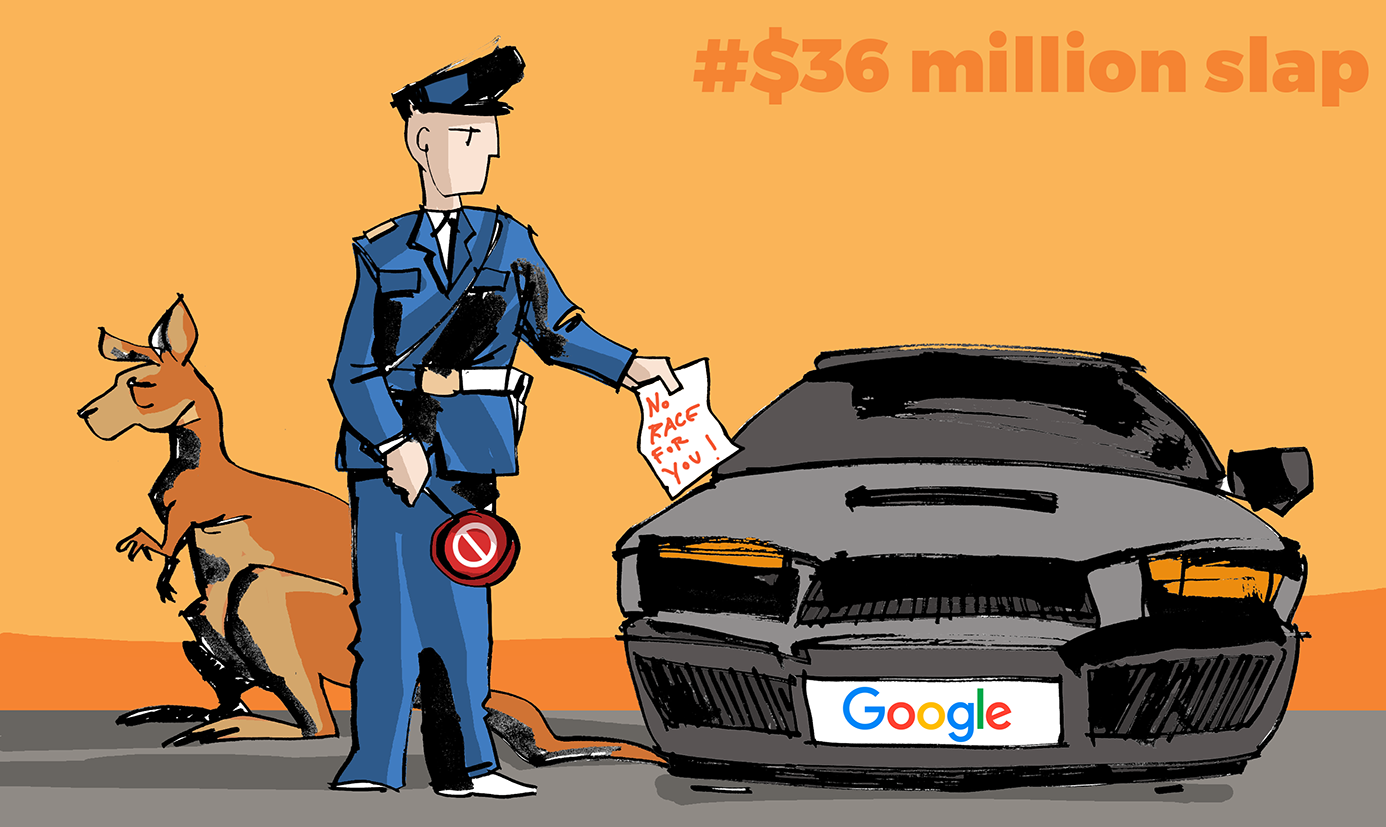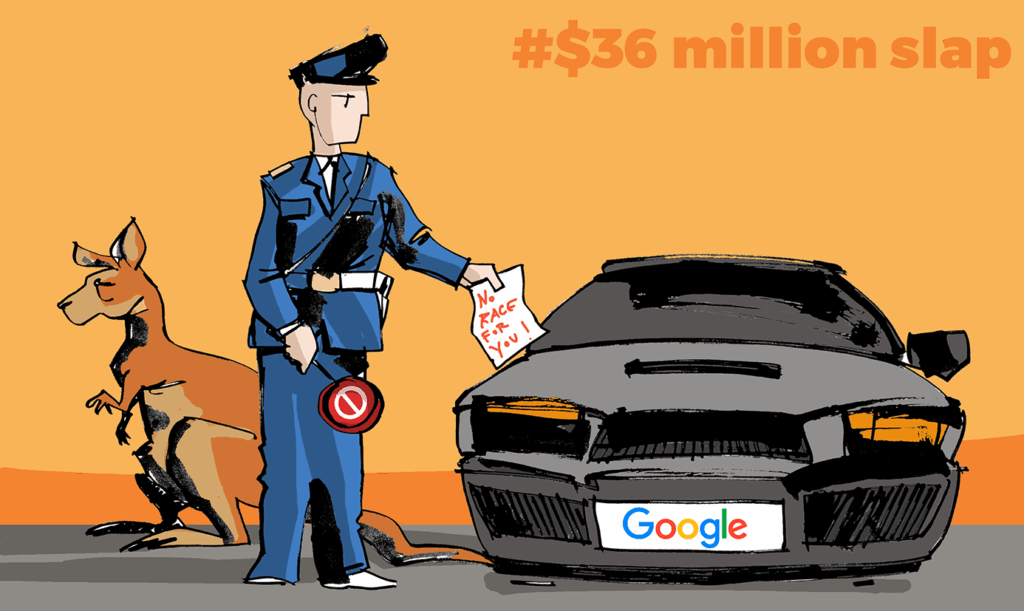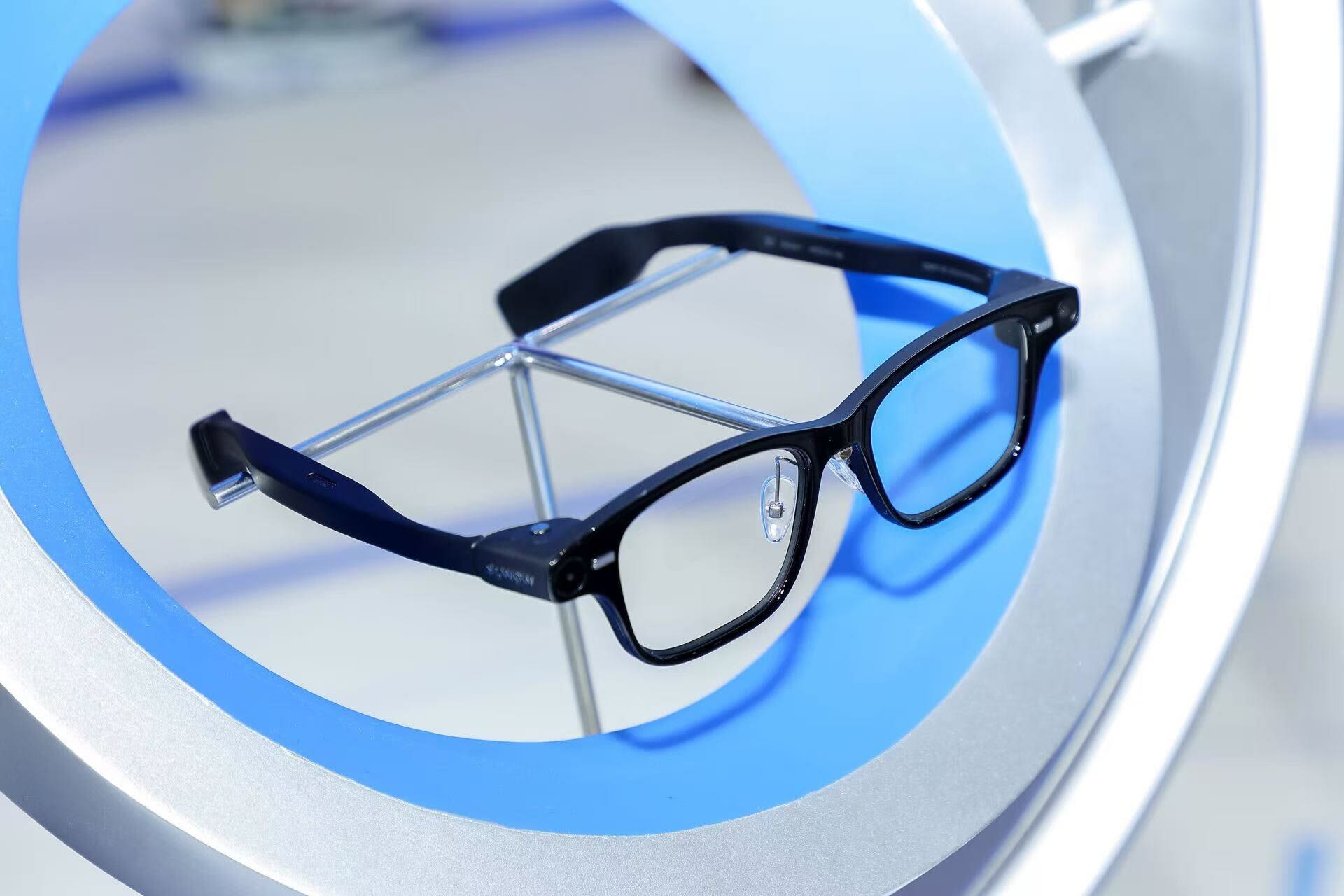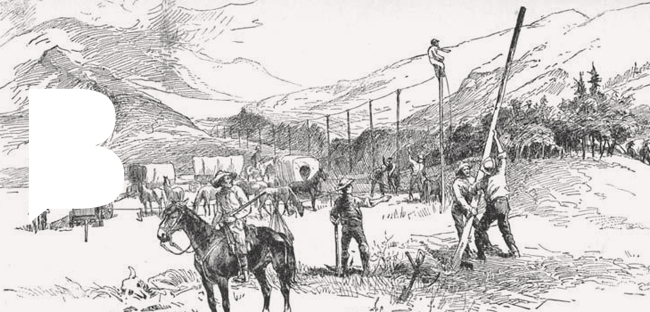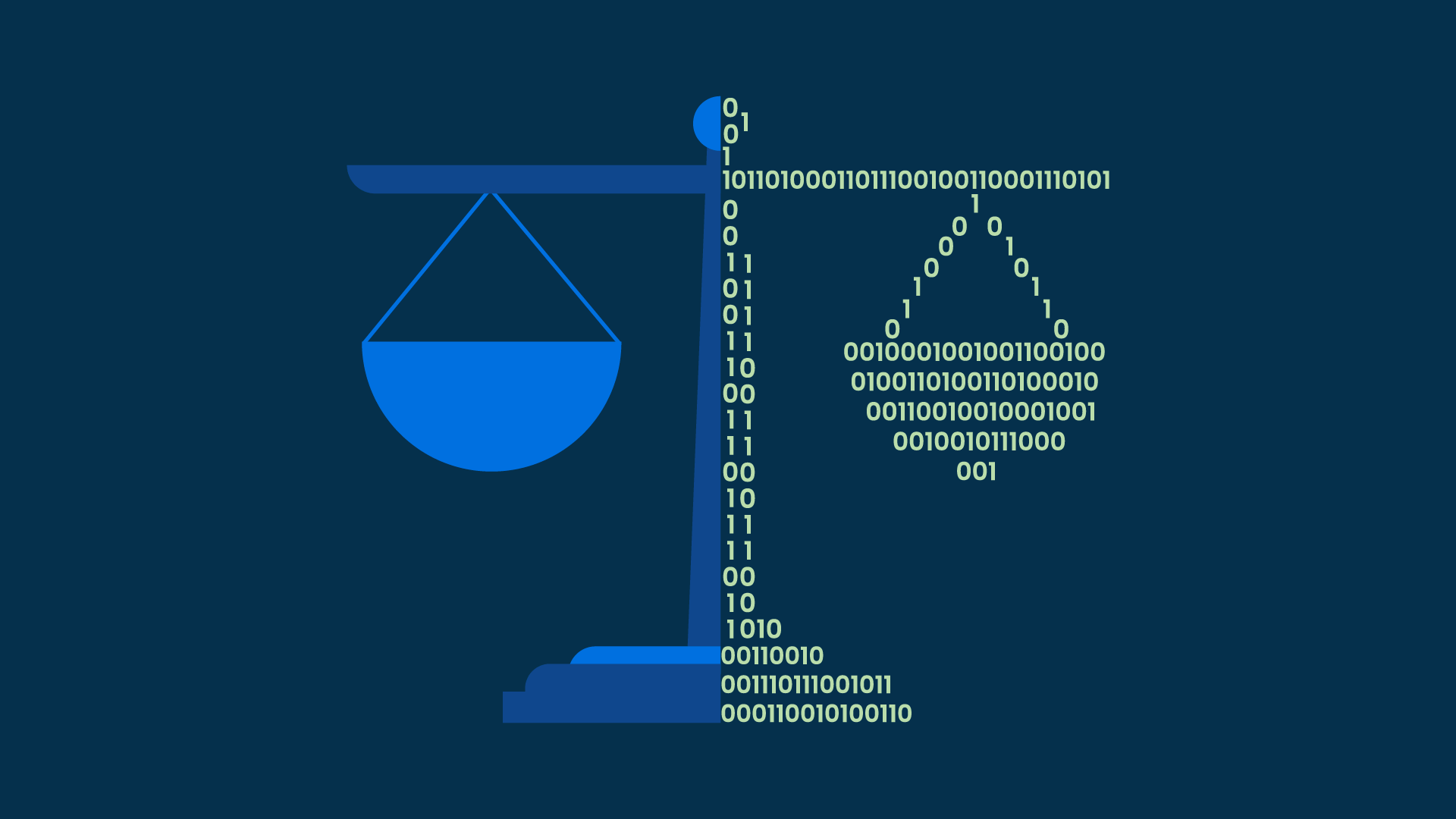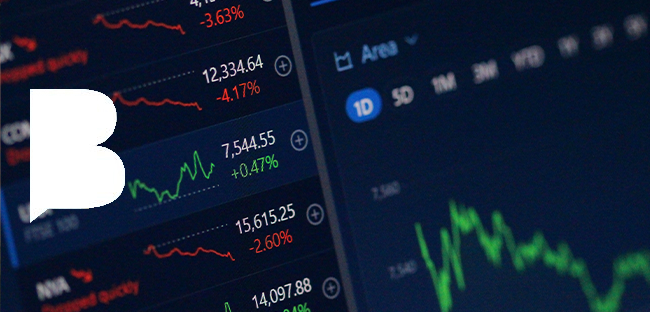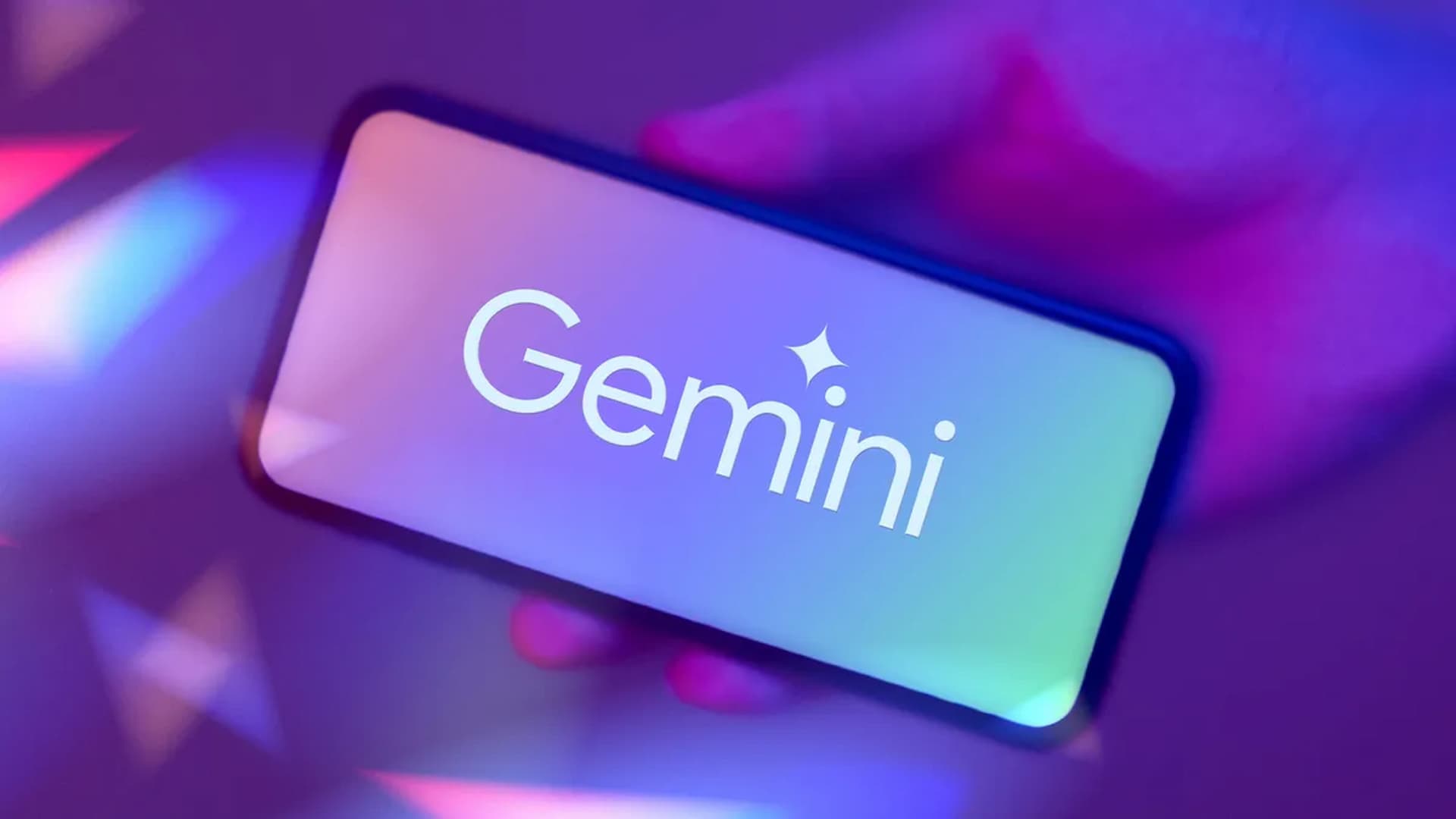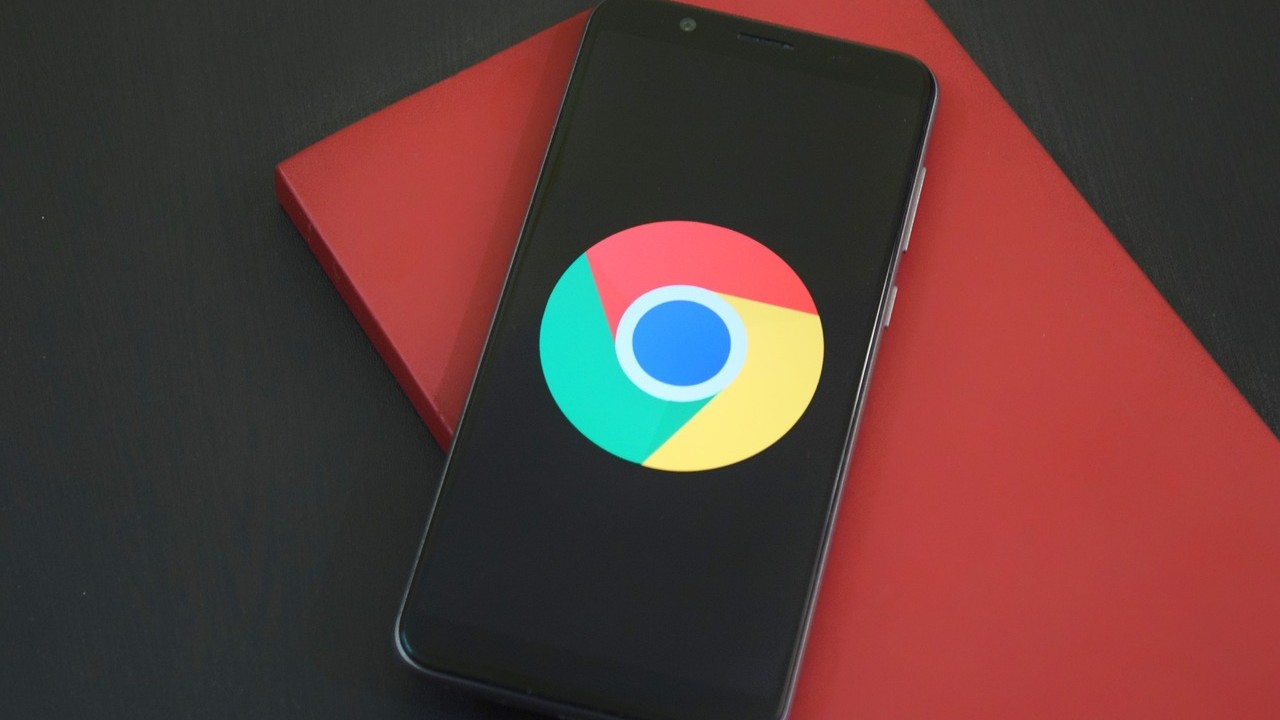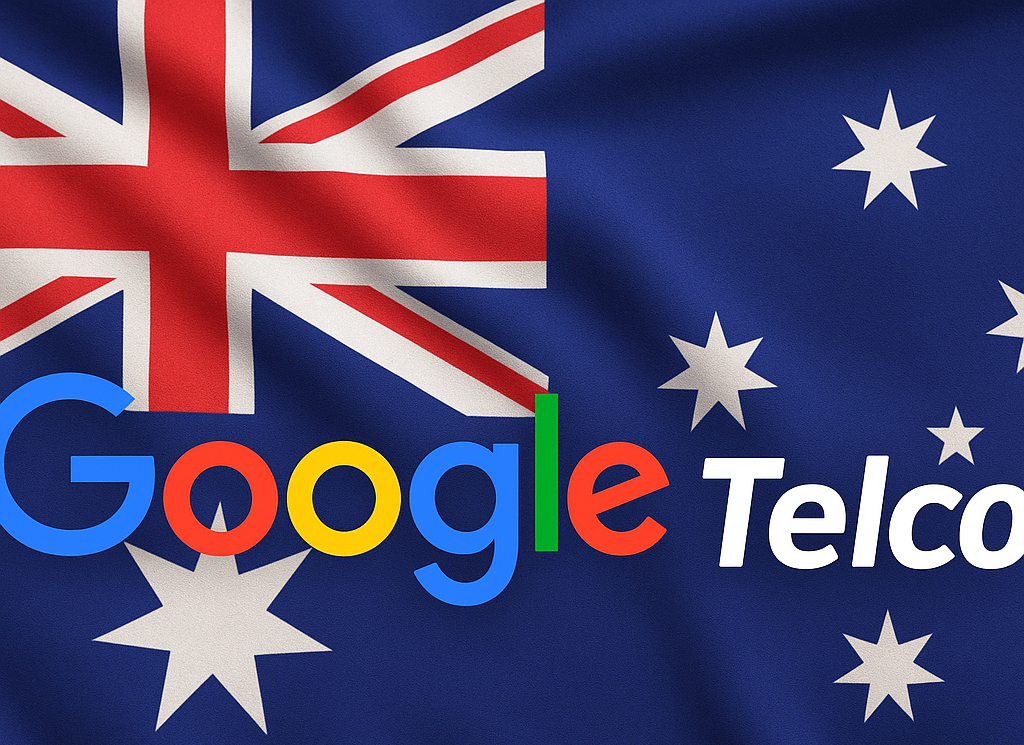Google has expanded its AI Mode service to 180 additional countries, extending advanced agentic capabilities to a global audience.
Previously available only in markets such as the US, UK and India, the service allows users to search for information and carry out tasks on their behalf. The update reflects Google’s ambition to move from simple answers to action-oriented assistance.
A key rollout feature is the restaurant booking tool for AI Ultra subscribers. Using natural language requests such as ”find a romantic Italian spot for two tonight,” the system can check availability, offer personalised suggestions and confirm reservations directly within search.
The feature relies on real-time data from partners like OpenTable and highlights how Google’s AI can execute tasks instead of simply presenting options.
Further tools are expected soon, including ticketing for events and appointment scheduling. These are powered by the Gemini models, which tailor recommendations based on user behaviour and allow group planning through shared responses.
While the services could reduce reliance on third-party apps in sectors such as travel and hospitality, they also raise concerns over data privacy, inclusivity and cultural differences in an English-only rollout.
The global expansion strengthens Google’s position against rivals like Microsoft and OpenAI, who are also pushing forward in agentic AI. The company sees subscription upgrades to AI Ultra as a way to offset slower advertising growth, while early reports suggest increased user engagement.
However, the long-term impact will depend on balancing innovation with ethical safeguards as Google works to deliver more multilingual and accessible features.
Would you like to learn more about AI, tech and digital diplomacy? If so, ask our Diplo chatbot!


